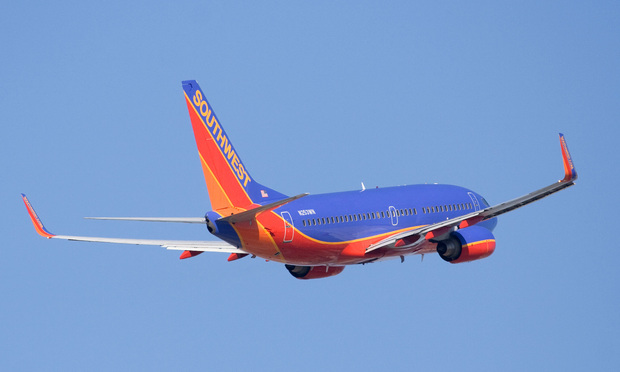Luke Hinrichs is a student at Harvard Law School.
In today’s news and commentary, flight attendants across the United States hold picket protests, Michigan’s right-to-work law is officially repealed, and the Colorado Attorney General sues to block the $24.6 billion proposed merger between the two largest supermarket chains in the state.
On Tuesday, February 13, 2024, as part of the Worldwide Flight Attendant Day of Action, unions representing over 100,000 flight attendants held picket line protests to demand fair contracts and an end to contract negotiation delays. The Day of Action protests occurred as more than two-thirds of flight attendants in the U.S.—across airlines including American, United, Southwest, Alaska, Air Wisconsin, Frontier, and Omni—are actively trying to negotiate new union contracts. On the same day as the protests, 99.48% of flight attendants at Alaska Airlines, represented by the Association of Flight Attendants-CWA (AFA-CWA), voted yes to strike if Alaska Airlines fails to agree to better contract terms. The Alaska Airlines flight attendants voted to authorize a strike for the first time in over three decades.
In 2023, Michigan lawmakers passed legislation to repeal the state’s “right-to-work” law, becoming the first state in 58 years to do so. The historic repeal officially took effect this week. When the “right-to-work” law was enacted in 2012, Michigan had the seventh-highest percentage of unionized workers in the U.S. By 2022, the state dropped to 11th. Pro-labor groups are celebrating the law’s official repeal as a victory “decades in the making.”
After a yearlong investigation, the Colorado Attorney General filed suit to block the proposed merger of Kroger and Albertsons, the state’s largest grocery retail chains, alleging the merger would eliminate competition, and harm consumers, workers, and food suppliers. The complaint centers the potential impact of the merger on workers and the labor market, alleging that the two grocery store firms “have already colluded to suppress the wages and benefits of their workers.” The complaint not only seeks to block the merger, but it also takes aim at the companies’ use of no-poach and non-solicitation agreements, claiming the restrictive agreements are per se unlawful. In filing the lawsuit, Colorado joins Washington in deploying state antitrust law to block the merger, a developing legal trend in which state-level enforcement agencies rely on state rather than federal law.






Daily News & Commentary
Start your day with our roundup of the latest labor developments. See all
July 20
A US District Court orders the Trump Administration to provide its plans for firing federal workers; the Massachusetts Legislature considers multiple labor bills; and waste-collection workers at Republic Services strike throughout the nation.
July 18
Trump names two NLRB nominees; Bernie Sanders introduces guaranteed universal pension plan legislation; the DOL ends its job training program for low-income seniors; and USCIS sunsets DALE.
July 17
EEOC resumes processing transgender workers' complaints; Senate questions Trump's NLRB General Counsel nominee; South Korean unions strike for reforms.
July 16
The U.S. Department of Health and Human Services lays off thousands of employees; attorneys for the Trump Administration argue against revealing plans to reduce the workforce of federal agencies; and the Fourth Circuit grants an emergency stay on the termination of TPS for thousands of Afghans.
July 15
The Department of Labor announces new guidance around Occupational Safety and Health Administration penalty and debt collection procedures; a Cornell University graduate student challenges graduate student employee-status under the National Labor Relations Act; the Supreme Court clears the way for the Trump administration to move forward with a significant staff reduction at the Department of Education.
July 14
More circuits weigh in on two-step certification; Uber challengers Seattle deactivation ordinance.